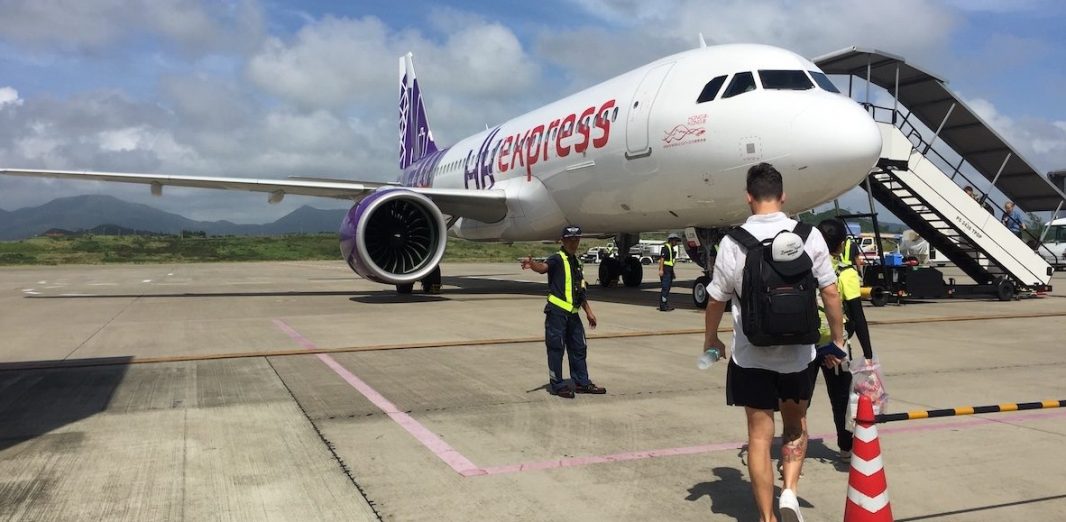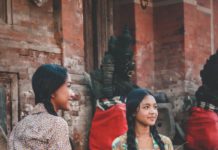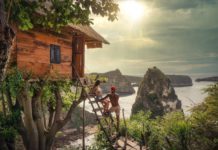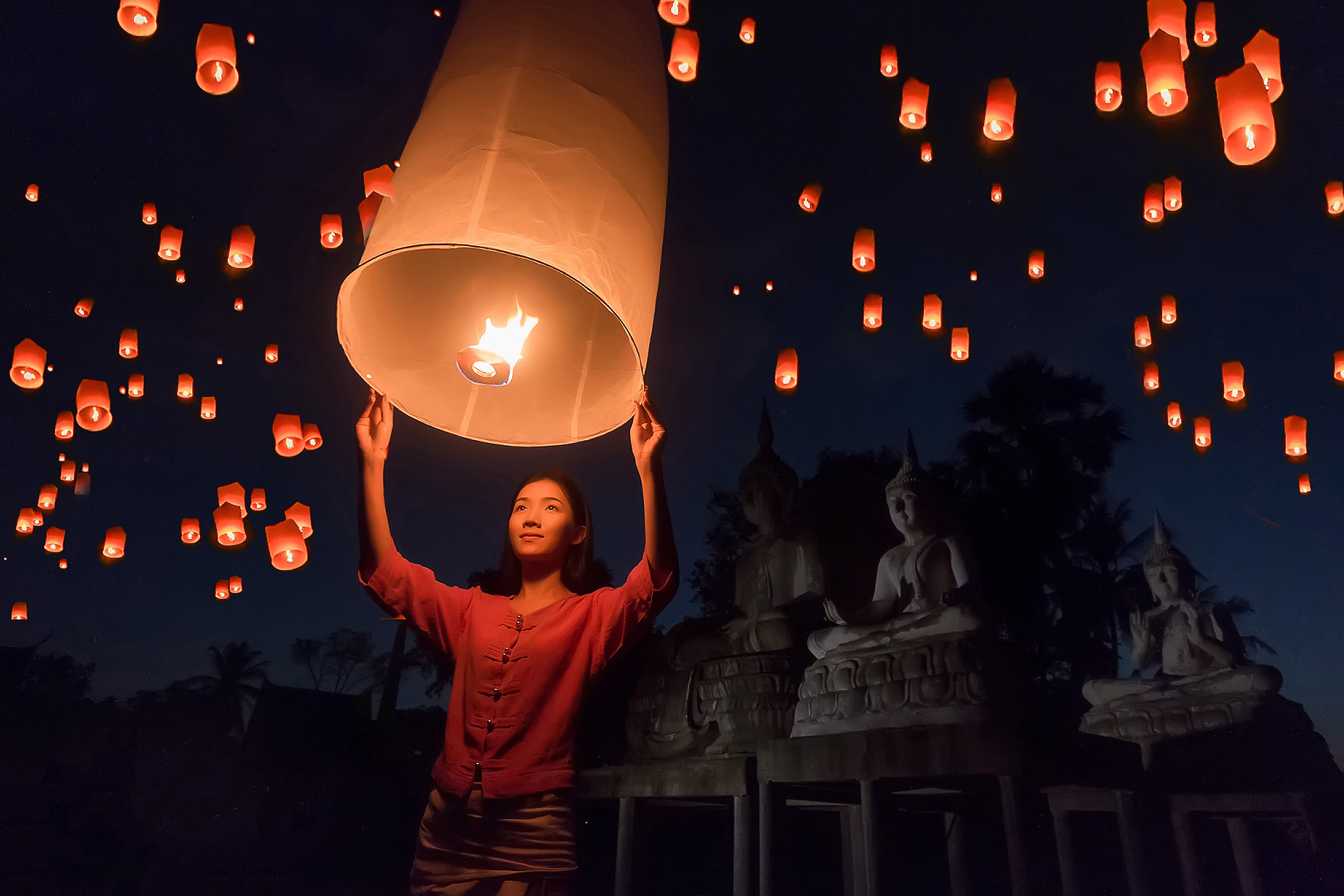As told by Sebastian Renzacci, Founder and CEO of Hong Kong based travel startup TripGuru
On February 28, 2020 I traveled to Berlin, Germany to attend Arival – one of the largest travel conferences in the tourism industry. There were over twenty to thirty thousand participants scheduled to attend, and I had gone the year before when it was held in Bangkok with much success.

Goodbye, Asia
That Friday evening I boarded the plane from Hong Kong International Airport, excited for opportunities to learn more about the ever-evolving industry as well as the possibility to build connections with people in travel.
There had been hiccups of foreshadowing before I stepped on that Lufthansa plane – the Italian air hostess who was renting out my room freaked out when she saw that I paid to rent her place from a Hong Kong bank account. I had to assuage her fears saying that I was not coming from China, whose borders were all but closed off at the time. I also shared with her the then-numbers of Italy – whose infection rate had already passed Hong Kong’s – to which she retorted “I am not from the north.”

Hello, Europe
My schedule was packed and I was expecting three whole days of workshops and talks all geared toward the same theme. Not even 24 hours after I arrived in Berlin, I got the notification that the event had been postponed – just two days before the event! I had two whole weeks ahead of me in Berlin, and already booked and paid for everything…!
While I was one of the many participants who had journeyed long-haul to attend the event, we were all practically stranded in another country, slowly taking in the impact COVID-19 was making not just in the industry, but the world. People had no idea what to do and how serious this all was, and it seems that governments were no different.
When I left Hong Kong, the status of COVID-19 was more a call to awareness in most of the world. People were told to wash their hands, keep some distance from others, wear masks and sneeze or cough into tissues. If they were being followed, we knew not. On hindsight… well, that we know. This changed drastically in just a few days.

Ich bin ein Berliner
After we were notified of the postponement of Arival, a few of the would-be-participants who were in the area met up in the city. Imagine our surprise and dismay when we saw the city slowly shutting down. Restaurants, bars, cafes, and clubs were told to close upon government directive.
That first weekend, one of the other participants based in Amsterdam went out with a couple of his friends and invited me. Might as well, right? I had slept all day due to jet lag and woke up at midnight to join them. I ended up heading home at 11am the next morning while the rest stayed out until 8pm. I thought I had been doing swimmingly, but clearly I am no match for these hardcore Berliners. That was the last chance I got to taste the city’s world-famous nightlife.
Sporting events were canceled, public places had begun to empty, and the morale of the people was guarded and wary. With nowhere else to connect, we ended up making our way back to our hotel rooms to initiate some of our own workshops in an effort to make our trip productive.

Early days of lockdown
What did I do next? I tried to make the most out of my trip with some of the other participants, and managed to squeeze in a meeting at the headquarters of GetYourGuide – although my other major ones had been canceled. I would also go running past Tiergarten, Schloss Charlottenberg, the Reichstag, and the Berlin Wall.
As my trip approached an end, I was once again struck by another dilemma: Would I be able to get home? The government was tightening their grasp on security measures, trying to flatten the curve of the virus by barring visitors from entering or leaving. I had gotten no emails telling me that my flight had changed, but I decided to check anyway, only to find out that my flight was canceled with no notice whatsoever!
I was potentially locked down and locked out of my city of residence.
The next few days were a whirlwind. To my frustration, I was unable to get in touch with Lufthansa in Germany as all the lines were busy. Finally, I was able to reach their office in Hong Kong, whose agent acted fast to move me to another flight back to Asia. The tide was about to turn in Europe just as Asia was getting a grip on the pandemic.

Weathering the storm
Now that I’m back within my own borders in Hong Kong, unable to leave for a while, it’s shocking to see how fast and far-reaching the acceleration and impact of COVID-19 is. I am concerned for all the countries and people affected by the virus, as well as anxious about how this will affect one of my biggest passions – travel.
Countries all over the world are closing their borders. While I agree that this is a smart move to help slow the reach of the virus, it’s been such a long time (if ever there was a time) when countries have essentially barred entry and exit to this extent. I can’t even begin to imagine the effects this will have on tourism, the airline industry, hospitality, the list goes on… not just for business owners but also employees and their families who rely heavily on foreign spending.

Keeping the faith
At this point in time, it’s easy to become overwhelmed with all the negative consequences that can happen down the road. While analysts project the virus to die down by the third quarter of 2020, the repercussions this calamity has wrought on the world will leave lasting scars.
Currently, I do my best not to dwell on the negative. The startup I have worked so hard on for years is looking into a dark hole, but I will continue to work tirelessly for the time when the world will rise out of this crisis.
I believe the travel industry will never die as long as people have passion for discovery. Humans were born to roam; we started out as nomads. Read any history book and you’ll learn about the great migrations that took place long before the first word was ever written.
Wanderlust was almost built into our DNA. Travel has survived wars, extinctions, outbreaks, financial crises, natural calamities, and much more. We almost have no choice, seeing as it’s human nature! And that’s what I focus on when I continue to push forward – working to make that comeback as a bigger and better travel industry awaits when the world is right again.
Sebastian Renzacci is the CEO and Founder of TripGuru, a travel startup and digital tours supplier empowering local entrepreneurs by connecting them to the online marketplace and helping them to craft data-driven itineraries. Originally from Argentina, Sebastian is currently based in Hong Kong. Find out more about him and the company here.










